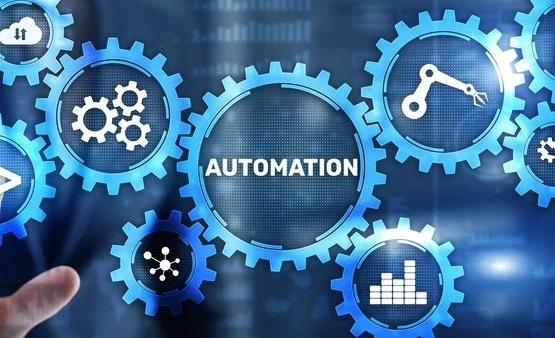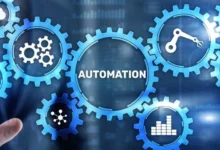In today’s fast-paced digital era, automation is no longer a futuristic concept—it’s a driving force reshaping industries, economies, and everyday life. From streamlining business operations to enhancing customer experiences, automation has become a key enabler of efficiency and innovation.
What is Automation?
Automation refers to the use of technology—machines, software, and systems—to perform tasks that traditionally required human intervention. This can range from simple processes, such as automated email responses, to complex systems like self-driving cars and AI-powered manufacturing lines.

Types of Automation
- Industrial Automation: Robots and smart systems in factories reduce errors, improve safety, and increase productivity.
- Business Process Automation (BPA): Software streamlines repetitive administrative tasks, freeing employees to focus on strategic work.
- IT Automation: Tools manage cloud infrastructure, data processing, and cybersecurity, ensuring reliable and scalable operations.
Benefits of Automation
- Increased Efficiency: Automated processes work 24/7 with minimal downtime.
- Cost Reduction: Lower operational costs by reducing manual labor for repetitive tasks.
- Improved Accuracy: Fewer human errors lead to higher quality outcomes.
- Innovation Enablement: Human teams can shift focus from mundane tasks to creative problem-solving.
Challenges of Automation
While automation brings undeniable advantages, it also raises concerns about job displacement, workforce reskilling, and ethical implications in AI-driven decision-making. Businesses must strike a balance between adopting automation and supporting human capital.
The Future of Automation
Looking ahead, automation will increasingly integrate with artificial intelligence, the Internet of Things (IoT), and advanced analytics. Smart factories, autonomous supply chains, and AI-driven customer support will become standard, driving competitiveness across industries.
Conclusion
Automation is not simply about replacing human effort; it’s about augmenting human potential. Organizations that embrace automation strategically will not only cut costs but also unlock innovation and create new opportunities in a rapidly evolving world.






